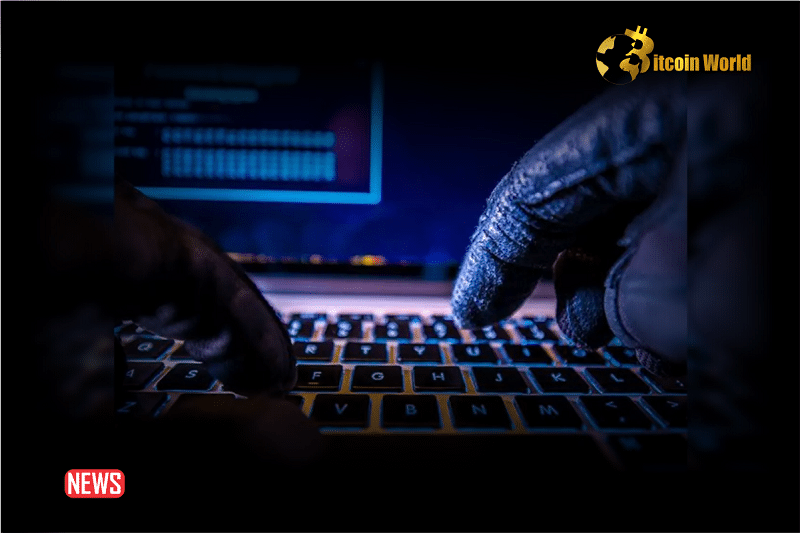- India’s Ministry of Home Affairs has significantly invested in training over 2,800 cyber police officers in cryptocurrency forensics to enhance digital crime-fighting capabilities.
- The Narcotics Control Bureau has developed comprehensive training modules to standardize the approach to drug law enforcement and incorporate cryptocurrency investigation techniques.
- The Indian Cyber Crime Coordination Centre’s engagement demonstrates a country-wide initiative to incorporate advanced technologies.
The Ministry of Home Affairs in India has made a crucial step in strengthening the country’s defense against cryptocurrency-related cybercrime. More than 2,800 cyber police officers have been trained in advanced cryptocurrency forensics and investigations as part of a large training project. This initiative is part of a larger push to modernize law enforcement in the digital era and strengthen legal frameworks against rising technology exploitation.
Furthermore, the Narcotics Control Bureau has taken the initiative in this endeavor. They have rigorously selected a Core Training Module, which is supplemented by five specialized training modules targeted to the agency’s various positions. This ensures a consistent approach to drug law enforcement throughout the country.
Furthermore, the presence of the Indian Cyber Crime Coordination Centre demonstrates a national commitment to combating cybercrime. Technologies like mobile app abuse research and anonymization networks are now part of the digital criminal arsenal. These activities coincide with the country’s investigation of blockchain for mainstream uses.
Read Also: China’s Largest Bank’s US Branch Suffers Ransomware LockBit Attack
Parallel to this, Hindustan Petroleum has pioneered the use of blockchain technology to improve its purchase order system. The collaboration with Zupple Labs is a big step toward improving organizational efficiency and transparency.
Despite these developments, India’s bitcoin industry experienced disruption following the implementation of a strict tax regime. A 30% tax on revenues from crypto transfers and a 1% Tax Deducted at Source (TDS) on digital asset transactions were proposed in February. Following the implementation of this legislation, there was a considerable decrease in local cryptocurrency exchange volumes, with a significant movement of activity to overseas platforms.
According to the Esya Centre’s research, the tax policy had an 81% decline in local trade volumes within four months of the TDS regulation’s adoption. Furthermore, there has been a reported exodus of customers from domestic exchanges to international exchanges, with an estimated 17 lakh consumers switching in the last year.
Surprisingly, the 1% tax has also resulted in a significant fiscal disparity. The Indian government’s potential income loss is projected to be around $420 million, far outweighing the actual revenue collection of $30 million. This has raised debate over the long-term feasibility of such tax policies in the rapidly changing bitcoin sector.
The Indian government’s training efforts to tackle crypto-related crime, as well as its cautious approach to blockchain applications, demonstrate a nuanced response to the difficulties and potential posed by digital currencies. These measures are critical milestones in developing a secure and progressive digital economy as the country navigates the difficulties of this area.
Disclaimer: The information provided is not trading advice. Bitcoinworld.co.in holds no liability for any investments made based on the information provided on this page. We strongly recommend independent research and/or consultation with a qualified professional before making any investment decisions.














